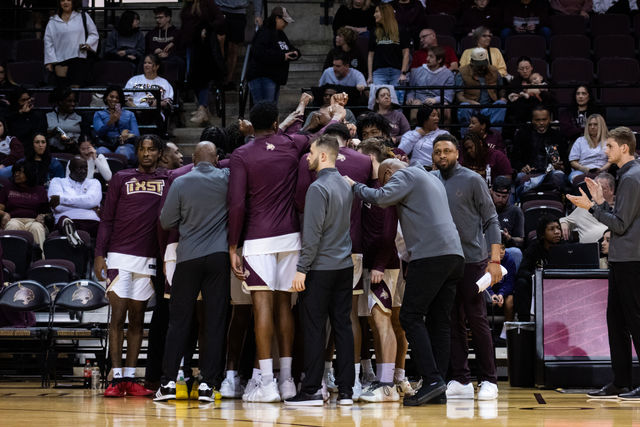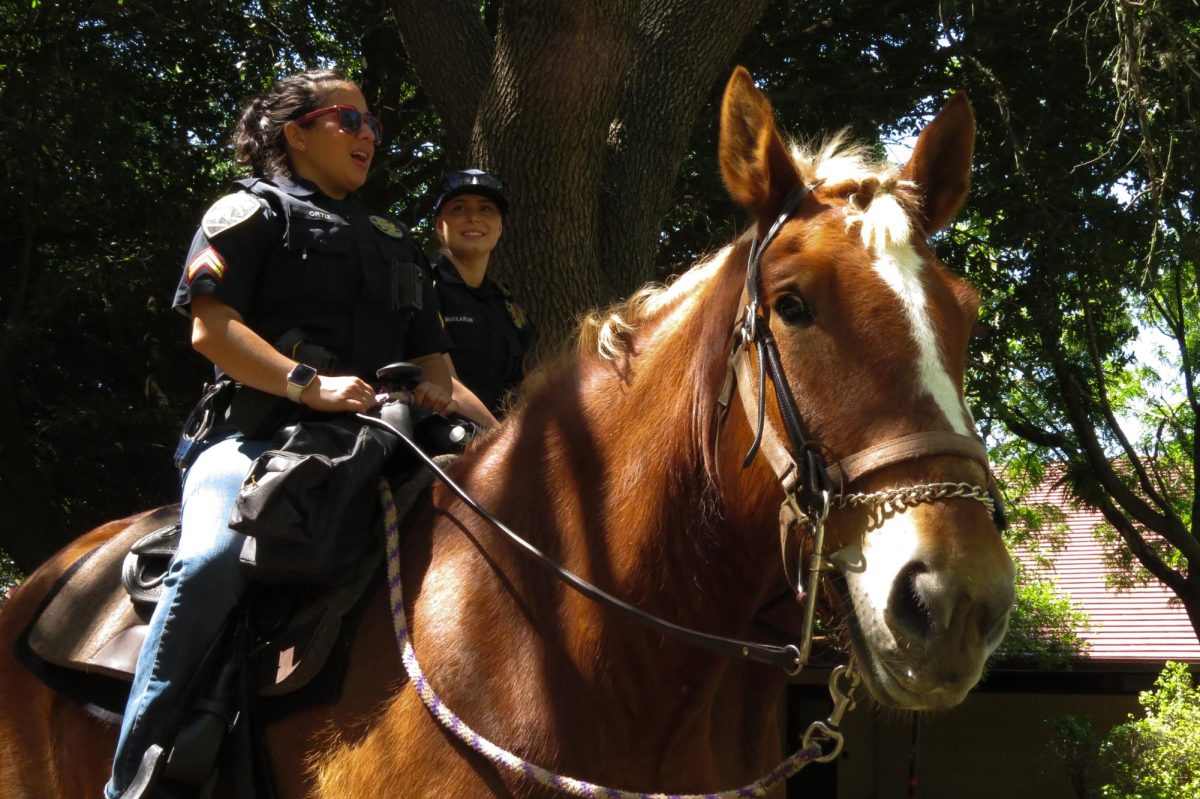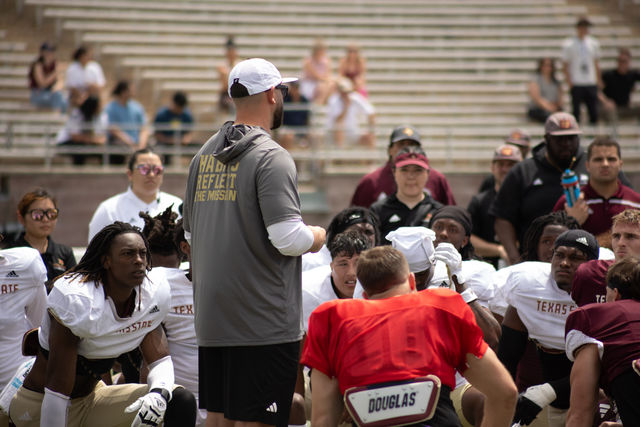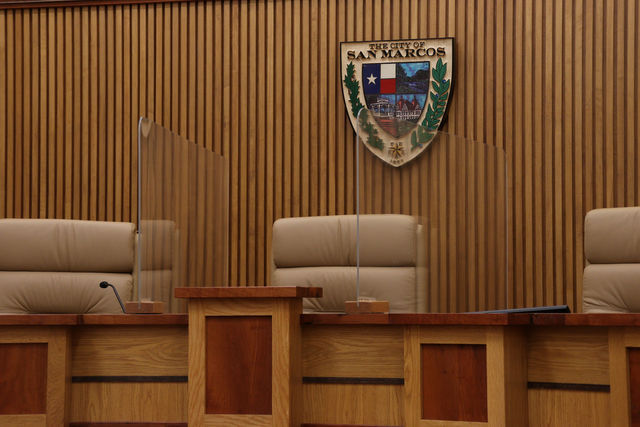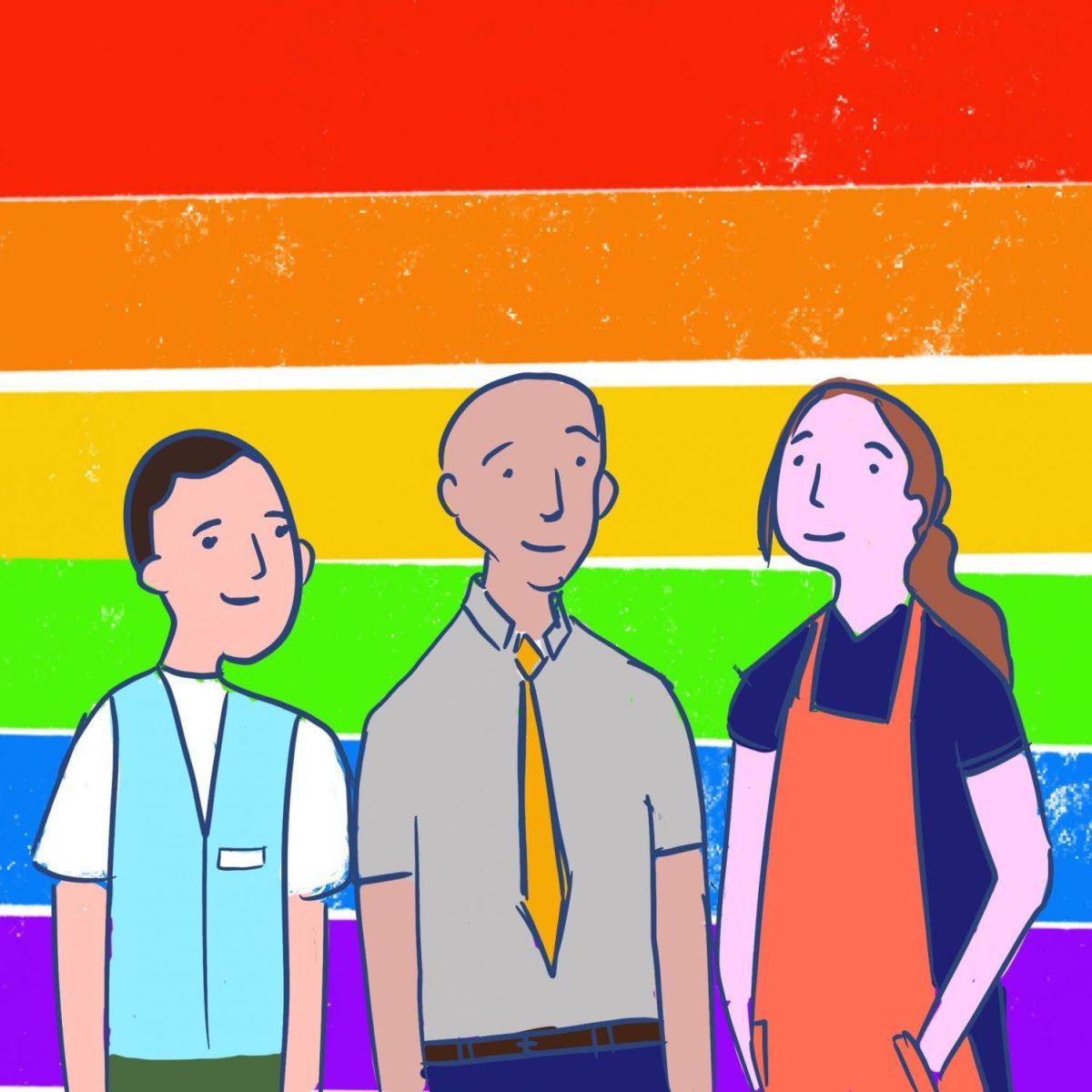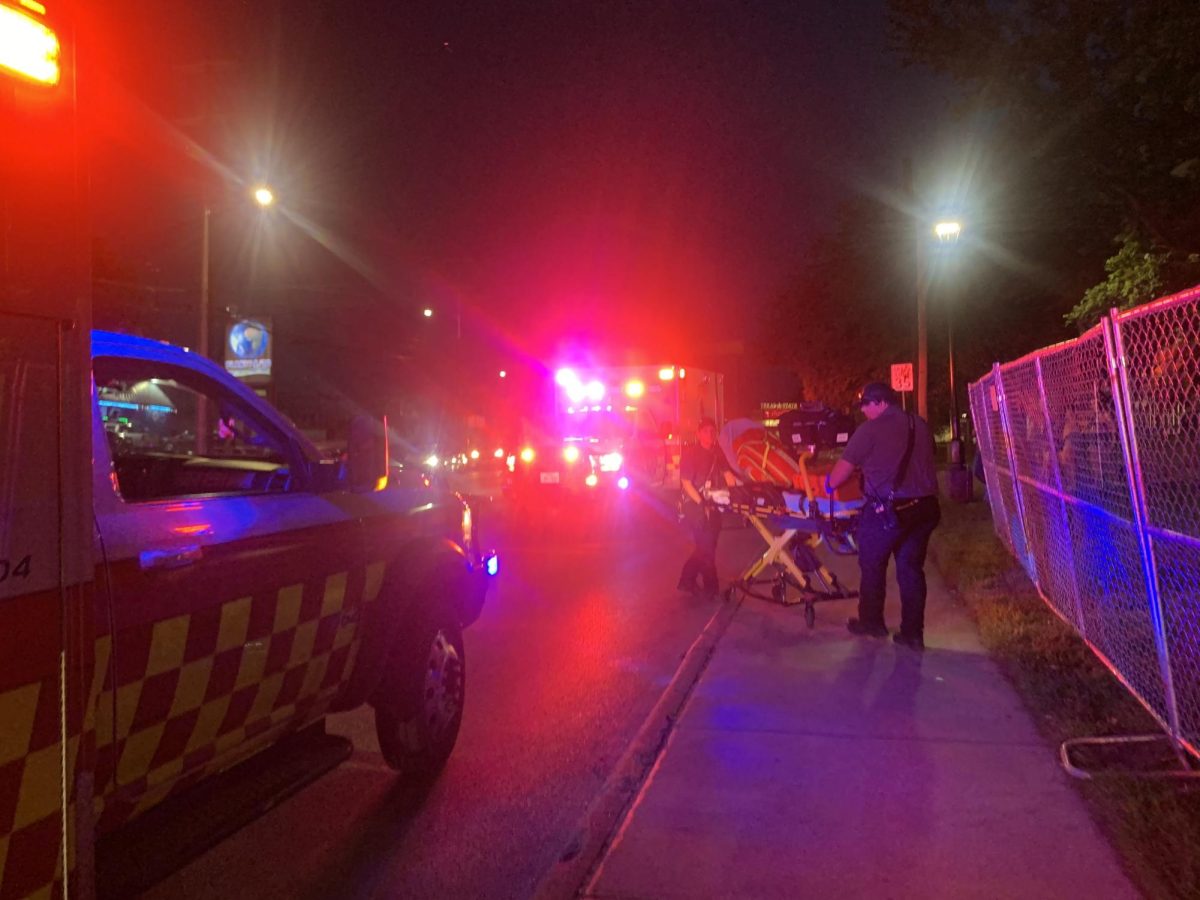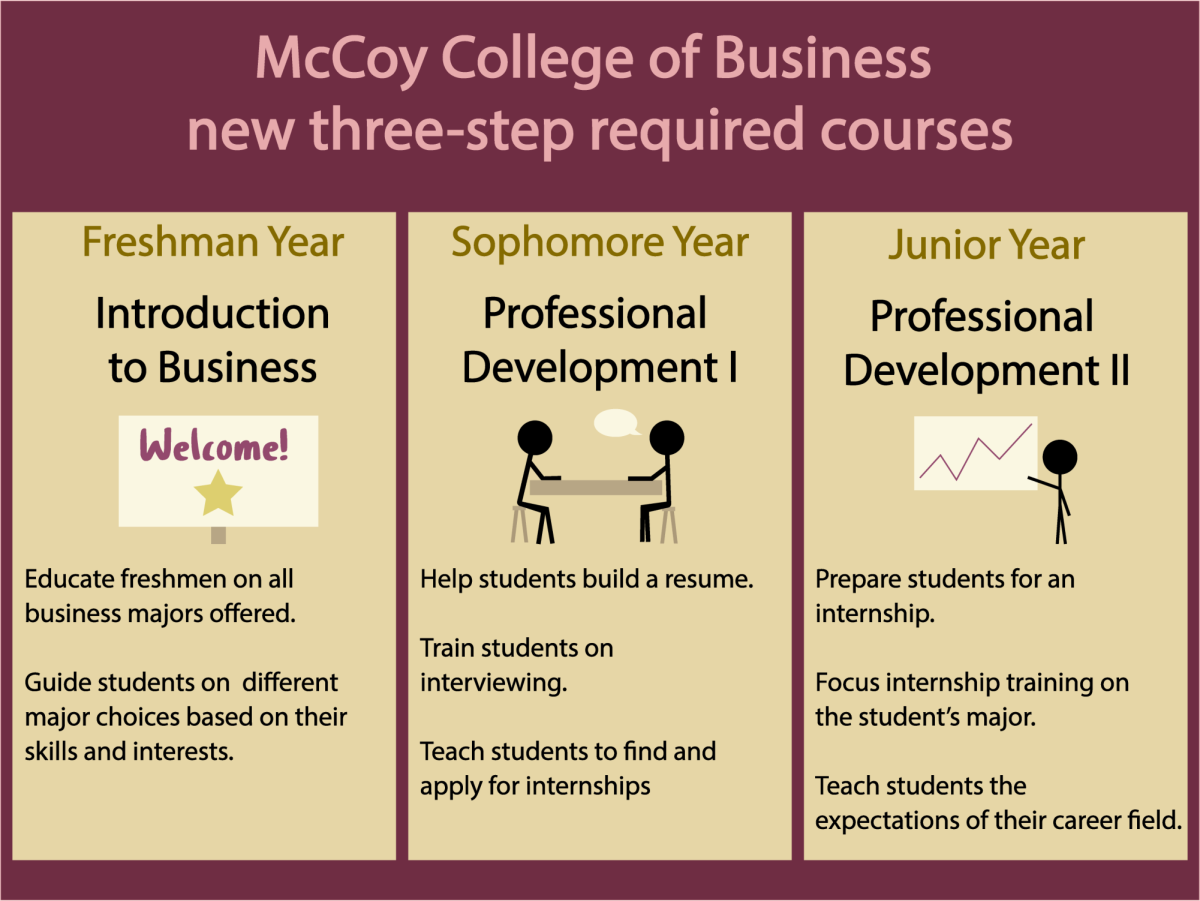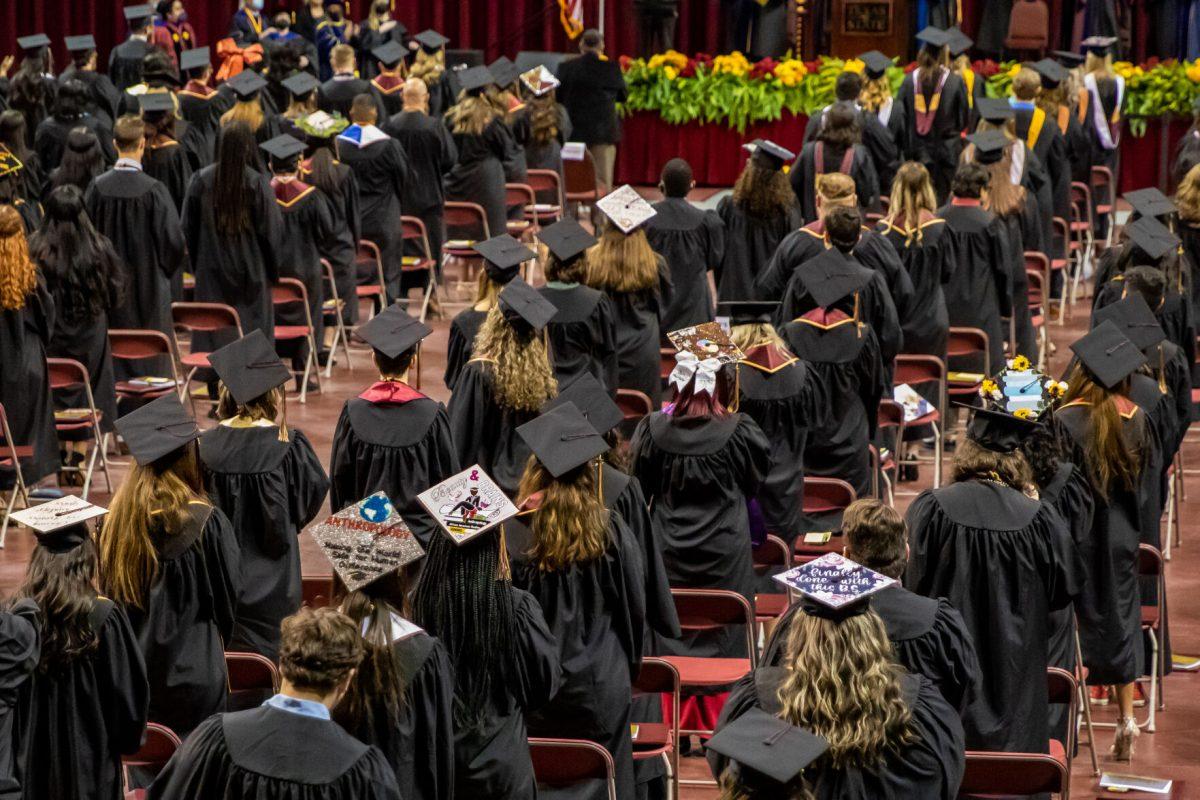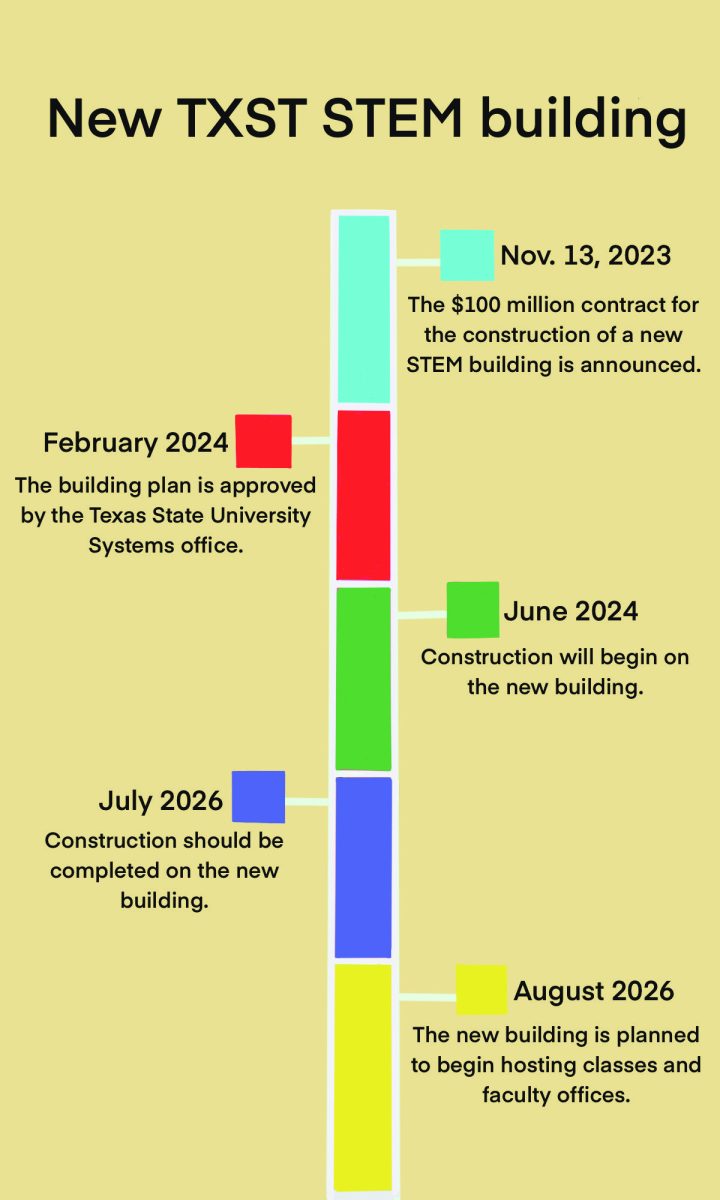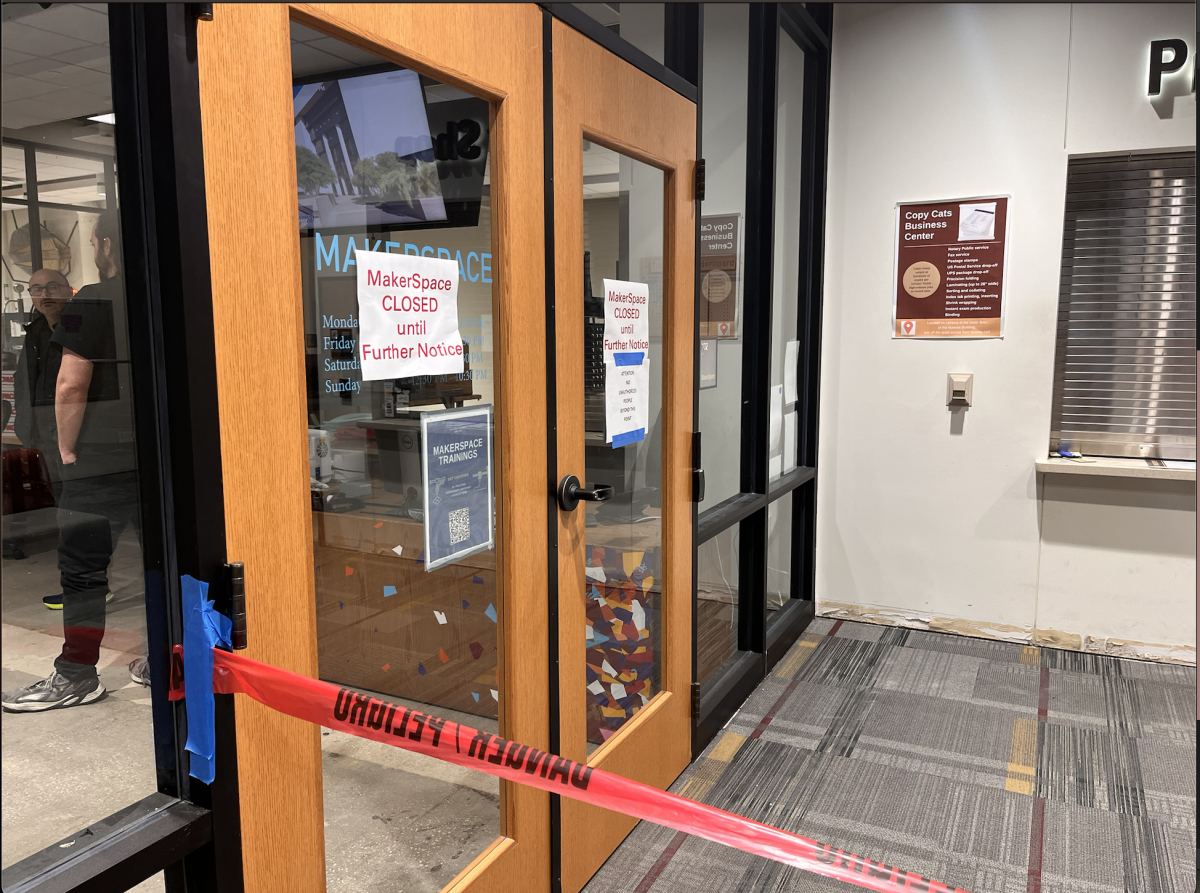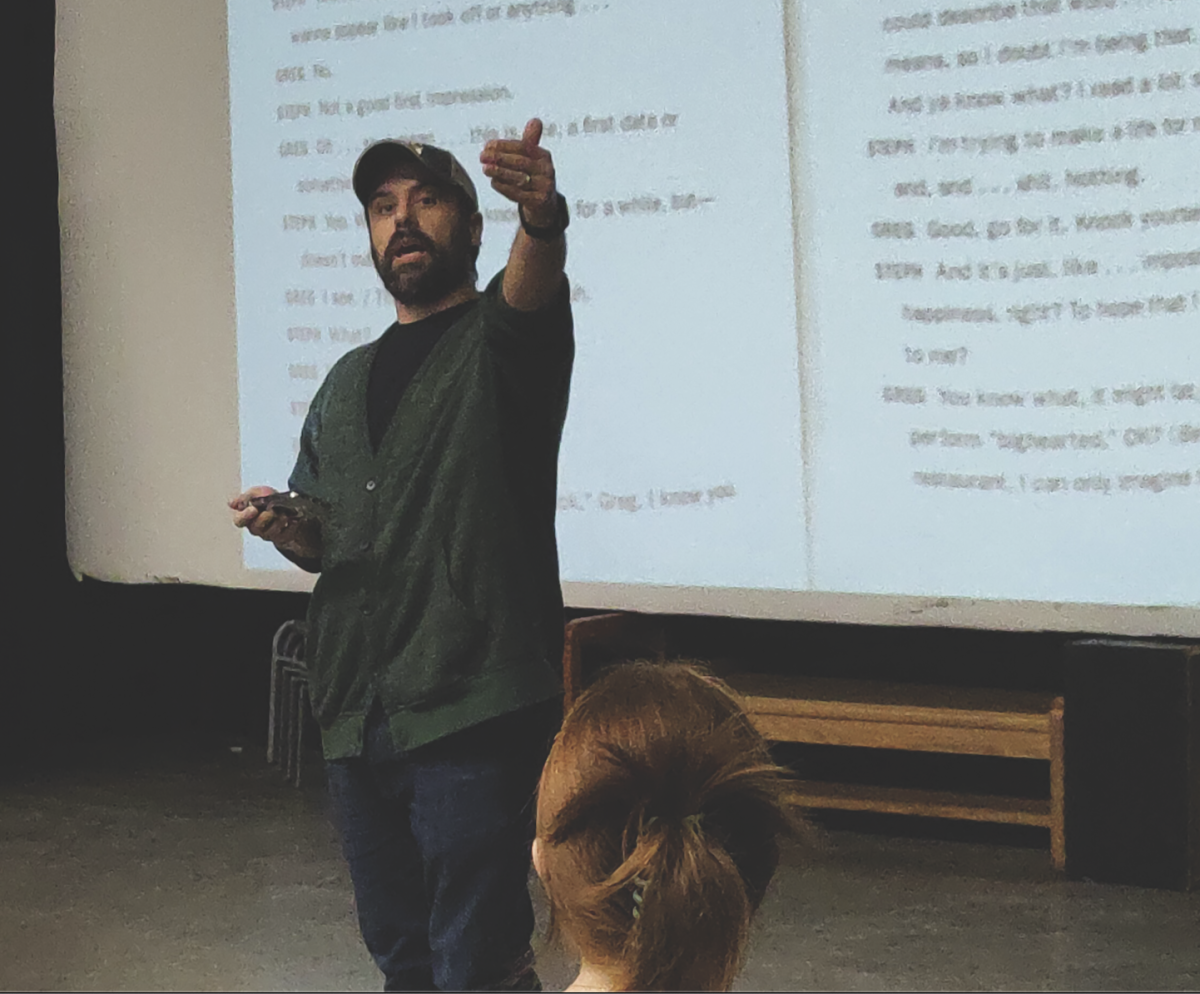The U.S. Supreme Court deeming it unconstitutional to fire employees on the basis of sexual orientation or gender identity has been nationally recognized as a major win for the LGBTQIA+ community. Now, Texas State faculty and students celebrate the court’s decision while still recognizing the obstacles ahead.
The court ruled, 6-3, that sexual orientation and gender identity are protected under Title VII in the Civil Rights Act of 1964, originally signed by Texas State alumnus Lyndon B. Johnson. The ruling brings it full circle, impacting the mission of Texas State’s own LGBTQIA+ Task Force assembled to support the university’s LGBTQIA+ community.
Chair of the LGBTQIA+ Advisory and Resource Network Michael Casey expressed relief after the Supreme Court made its decision, saying it was a win for LGBTQIA+ people.
“The ruling reflects the better parts of this country—the idea that we can be free to pursue our own happiness,” Casey said. “This ruling means persons in the LGBTQIA community will be able to rest more easily knowing they cannot be fired simply for not being straight or cisgender.”
The road toward the ruling was a tumultuous one for Casey and the task force. The first challenge it faced was the limited nature of the assignment given to them by the President’s Cabinet—an assignment expected to accommodate the needs of an underrepresented community at Texas State and other universities alike.
“We were told to come up with three to five initiatives, and if [we were left] alone and not [limited] we could have come up with 10 or 12,” Casey said. “We had way more ideas than we were allowed to have, so to speak, so what we did was roll some of the ideas together and consolidate them into one.”
The Task Force presented three recommendations to the President’s Cabinet in April: Draft a new civility policy, work to increase Texas State’s rating with the Campus Pride Index and make the task force a permanent entity.
The network, now permanent, will continue to periodically recommend initiatives to the cabinet and assist in their implementation while shifting its focus toward supporting the university’s LGBTQIA+ community following the historic ruling.
“[The community is] vulnerable, and the fact that I have an employer who wishes to take an interest in my safety and I feel secure that I have a job every day I come into work—that it’s not just going to disappear one day simply because I’m gay—that means something,” Casey said.
The ruling serves as a relief for members of the LGBTQIA+ community, like Casey, who now can feel more secure in their place of employment. But Philosophy professor and member of the LGBTQIA+ Advisory and Resource Network Holly Lewis explained the decision does not necessarily prevent employers from refusing to hire people based on sexual identity or gender orientation.
“If employers refuse to hire trans and non-binary people and those trans and non-binary people are forced to suffer on the margins of the economy, the public begins to assume the fact of suffering on the margins indicates some kind of inherent instability or ‘employability issue’ with the marginalized group,” Lewis said.
Others feel the ruling, while a step in the right direction, hardly brings an end to workplace discrimination, considering a firing was only one of many challenges LGBTQIA+ employees had to worry about. The Supreme Court ruling one of those obstacles unconstitutional means other factors used to discriminate against the community could come into play.
“I’m a trans person, and I can’t be out at my workplace because I would face harassment,” said Alex Cox, a political science senior. “I would be misgendered constantly. It would not be a safe work environment, and it would probably make the scrutiny on me from higher-ups worse.”
June Strickland, sociology junior, also acknowledges the other potential challenges that may come as a result of the ruling. She views it as a small step in the right direction, saying more protections for LGBTQIA+ workers are always a good thing.
“With at-will employment, they could just fire you anyway,” Strickland said. “But on the upside, it sounds like if there is a Supreme Court precedent and someone does get fired, and they suspect it was because they are trans, they might be able to file a [lawsuit] or something.”
The LGBTQIA+ Advisory and Resource Network’s initiatives aim to address some of the concerns brought forth by Texas State faculty and students and help make the university all-inclusive. Casey said he is thankful for the opportunity to work with the network and the university administration’s interest in helping its LGBTQIA+ employees.
“I never would have dreamt that my employer would have been concerned about me in that way,” Casey said. “So when my employer approaches me asking me to do this kind of work, my answer is ‘Oh yes, I’ll do the work, absolutely.’”

